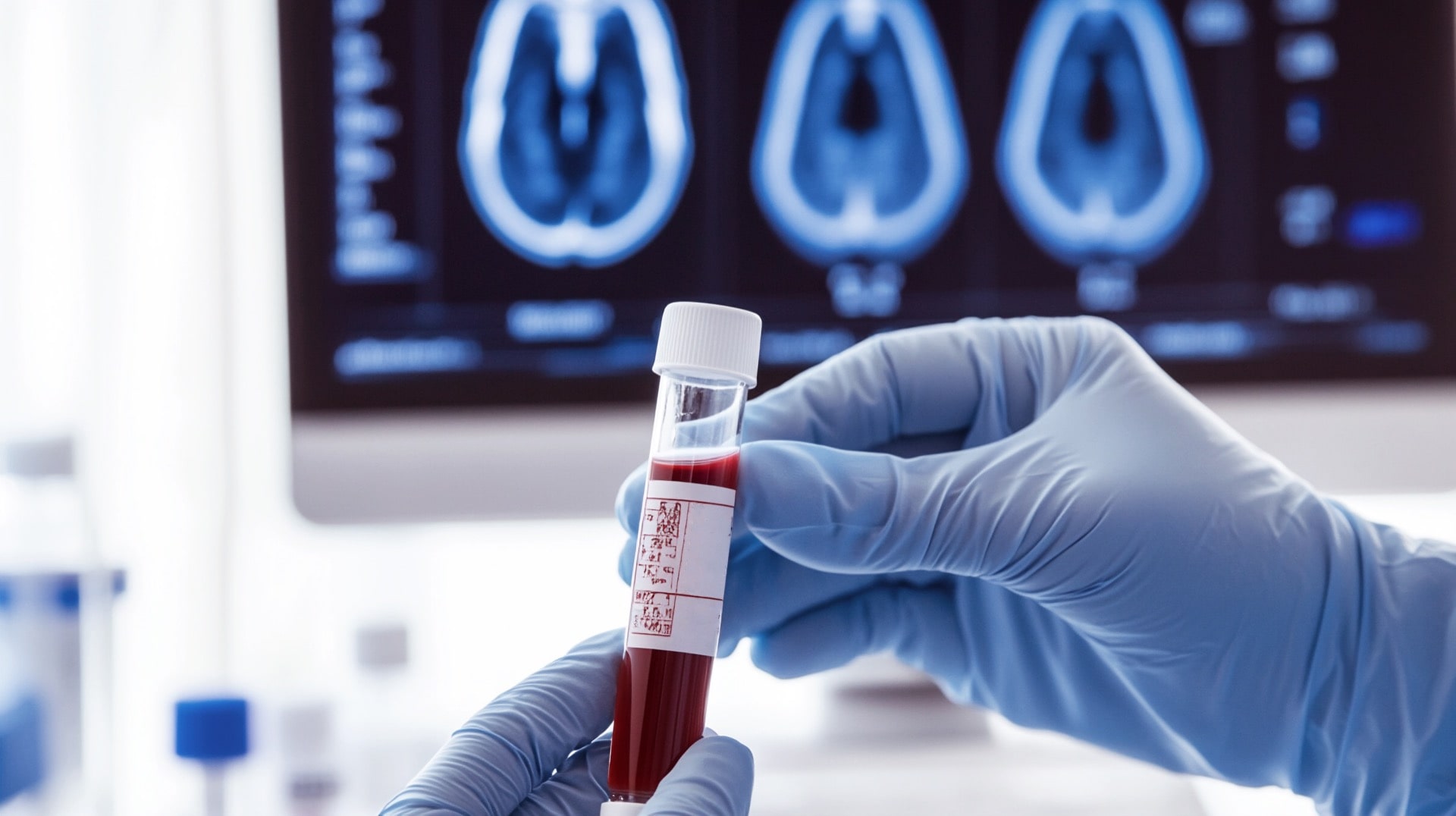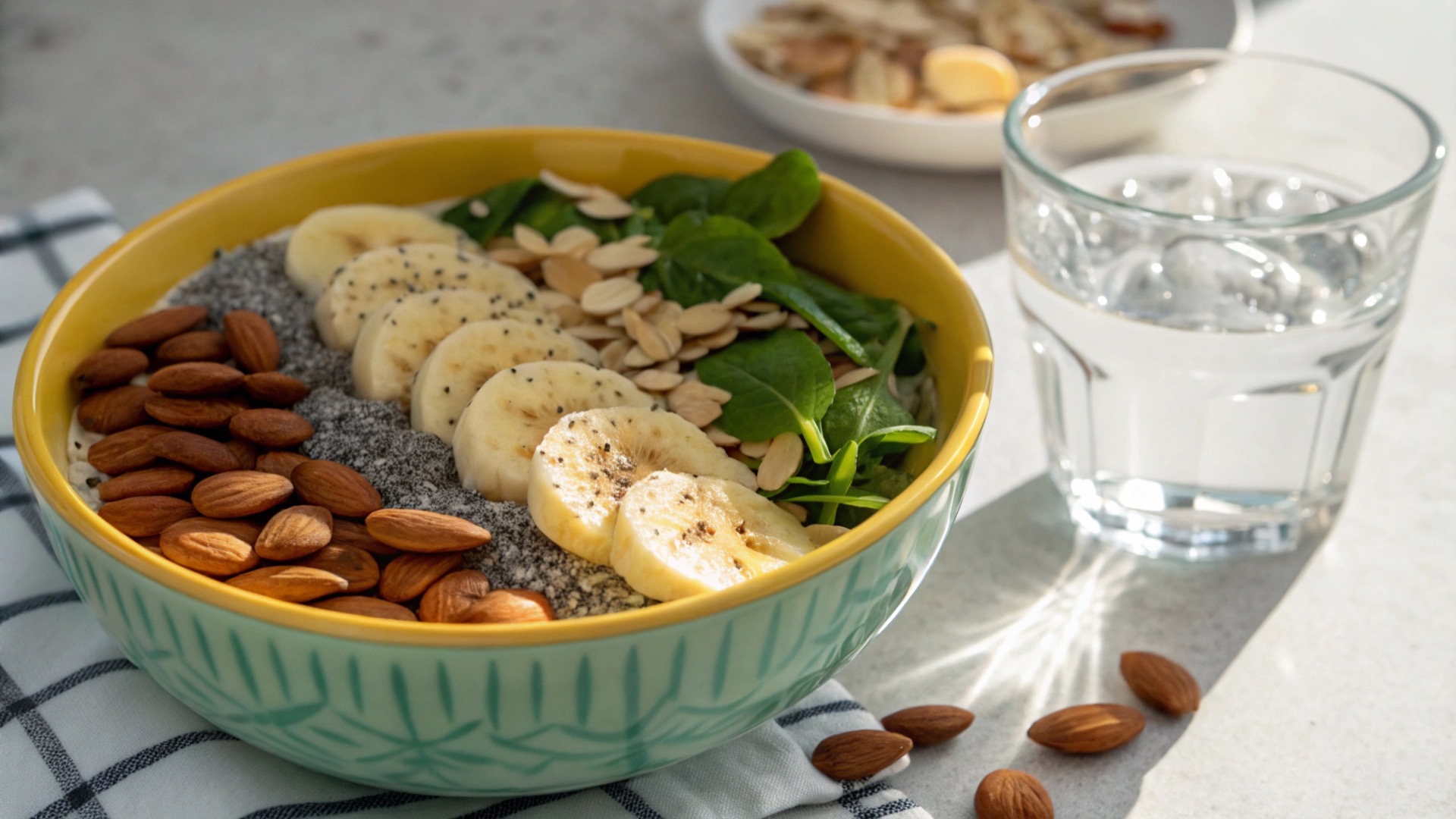Key takeaways
- Coffee does not accelerate aging; in fact, it may contribute to slower biological aging. Moderate consumption (roughly 1–3 cups/day) is associated with reduced risks of age-related diseases, such as cancer, frailty, and sarcopenia.
- Coffee, when consumed in moderation, offers significant health benefits for healthy aging and longevity. Components such as caffeine, antioxidants, and chlorogenic acids play a role in reducing inflammation, oxidative stress, and DNA damage.
- Decaf coffee retains the most antioxidant properties and is an excellent alternative for individuals who are sensitive to caffeine or prone to jitteriness.
Overview
Coffee is a daily ritual for millions, providing a familiar comfort and an energizing start to the day. But for those focused on healthy aging, one question often lingers: Is coffee helping you age well, or is it quietly accelerating the process?
Concerns about dehydration, skin health, and oxidative stress have long raised doubts about whether that daily brew could be affecting your biological age.
Recent research paints a more nuanced picture. Studies over the past decade suggest that moderate coffee consumption supports healthy aging, with potential links to reduced cellular damage, lower inflammation, and even improved longevity.
Could your cup of Joe slow down time on a cellular level? We’re breaking down the science to help you sip smarter by assessing coffee’s effects on biological aging, oxidative stress, and the risk of age-related decline.
What is biological aging, and why does it matter?
When it comes to aging, our chronological age (how many candles were on your last birthday cake) is often less important than our biological age. Biological age refers to how well your body is functioning and determines your “true” health span. Unlike chronological age, biological aging reflects the cumulative effects of your lifestyle, genetics, and environmental exposures.
Scientists assess biological age using biomarkers such as PhenoAge and KDM-Biological Age (KDM-BA), which are derived from blood chemistry. These scores assess systemic markers of inflammation, oxidative stress, and physical function.
One study has shown that these biomarkers can effectively reflect the impact of lifestyle factors on biological aging. Why do they matter? Because a lower biological age (relative to your chronological one) is strongly associated with longevity and fewer age-related diseases.
How does coffee affect your biological age?
Recent studies suggest that your daily coffee habit may do more than just energize you; it could play a role in slowing biological aging. Research from large-scale, long-term studies has linked moderate coffee consumption to slower cellular aging and improved biological age markers. These benefits appear most significant when coffee is consumed in moderate amounts and with mindful preparation.
What the latest studies show
A longitudinal analysis using data from the NHANES cohort (13,384 participants) found that individuals with moderate coffee consumption aged biologically more slowly. Researchers measured aging using PhenoAge and KDM-BA scores and found that coffee intake of 1–3 cups daily correlated with lower biological aging markers.
When considering the amount of coffee associated with these benefits, the findings suggest that 1–3 cups per day is optimal. This association remained consistent across age groups and genders, suggesting broad health benefits.
Another area of research links coffee consumption with telomere length, a hallmark of cellular aging. Studies have shown that drinking coffee regularly is associated with longer telomeres, indicating better genome stability, and these benefits have been observed with moderate coffee intake.
Best practices for coffee consumption
- Choose filtered coffee: Research indicates that unfiltered coffee may contain higher levels of diterpenes, such as cafestol, which can raise LDL cholesterol.
- Limit additives: Avoid high-sugar or artificial creamers that can counteract the healthful benefits of coffee. Instead, consider using a natural sweetener such as stevia, honey, or monk fruit as a healthier alternative.
- Timing matters: Consumption after 2–3 p.m. can disrupt sleep, a critical factor for healthy aging.
Can coffee prevent physical decline in older adults?
As we age, physical decline becomes a significant health concern, often manifesting as frailty and sarcopenia, conditions associated with reduced strength, muscle loss, and lower resilience. Emerging research suggests that coffee may offer protective benefits against these age-related challenges. Studies have linked regular coffee consumption to improved physical function, reduced risk of frailty, and enhanced muscle strength in older adults, making coffee a valuable ally in promoting healthy, active aging.
The role of coffee in frailty and sarcopenia
Physical decline becomes a significant challenge with age, manifesting as frailty (a condition of reduced resilience) and sarcopenia (loss of muscle mass and strength). However, studies show that coffee may help mitigate these effects. A 2022 review published in Metabolites found that coffee consumption was strongly associated with better physical functioning outcomes. For instance:
- Higher coffee intake has been associated with reduced frailty risks among older populations in Europe and Asia.
- Consuming 3 cups per day correlated with increased grip strength and gait speed (important markers of functional independence).
- Coffee consumption is associated with a reduced risk of frailty and sarcopenia.
Consistency across demographics
Notably, the benefits of coffee on physical function were observed among coffee drinkers across various regions, genders, and age groups. Even light consumption yielded positive outcomes in some cases.
Caution on coffee varieties
- Instant Coffee often contains fewer polyphenols, which are key antioxidants.
- Heavily roasted beans may lose certain bioactive compounds during roasting, although they still offer some antioxidant effects.
- Choosing high-quality coffee beans is essential, as coffee beans naturally contain phytonutrients, antioxidants, and skin-regenerating nutrients such as potassium, magnesium, and Vitamin B2, all of which contribute to maximum health benefits.
Coffee and oxidative stress
One of coffee’s most potent anti-aging benefits may come from its ability to combat oxidative stress, a key driver of cellular damage and aging. Oxidative stress occurs when harmful free radicals overwhelm the body’s natural defenses, accelerating DNA damage and chronic inflammation. Coffee’s rich supply of antioxidants and anti-inflammatory compounds may help neutralize this process, offering protection at both the cellular and skin health levels.
Friend or foe?
Coffee’s real power may lie in its ability to combat oxidative stress, a significant contributor to aging. Oxidative stress occurs when free radicals (unstable molecules) outnumber antioxidants, leading to DNA damage and cellular wear. In addition to its antioxidant effects, coffee also has notable anti-inflammatory properties, which can help reduce inflammation that contributes to aging and chronic diseases.
An animal study demonstrated coffee’s potential to upregulate the Nrf2 pathway, a master regulator of antioxidant defenses. Rats that consumed coffee exhibited reduced oxidative damage in their tissues and maintained better bone health.
Mechanism behind the benefits
Bioactive compounds in coffee, such as chlorogenic acids and melanoidins, stimulate antioxidant production and mitochondrial function while also reducing systemic inflammation. Coffee also contains vitamin B2 and other vitamins that support skin health. Additionally, these compounds may help protect the skin’s collagen by reducing inflammation and oxidative stress, which are factors that can degrade collagen. This may explain why moderate coffee consumption is linked to better biological outcomes.
When coffee could go wrong
- Unfiltered coffee: It raises LDL cholesterol and may negatively impact skin health by increasing inflammation.
- Lifestyle factors: Smokers who drink large volumes of coffee may experience heightened risks for lung cancer. Additionally, adding excessive sugar or cream to coffee can harm skin aging and overall skin appearance.
Best practices for optimal benefits
To get the most anti-aging and health-promoting benefits from your daily coffee, it’s essential to focus on both quality and mindful consumption. The type of coffee you choose, how it’s prepared, and when you drink it all play a role in maximizing its positive effects while minimizing potential risks. Following best practices can help ensure that your coffee habit truly supports your long-term health and longevity.
Coffee selection and preparation:
- Choose filtered coffee over unfiltered options (such as espresso or French press) to avoid diterpenes that can raise LDL cholesterol levels.
- Select high-quality beans rich in phytonutrients and antioxidants.
- Avoid instant coffee, which contains fewer beneficial polyphenols.
- Limit heavily roasted beans, as they may lose bioactive compounds.
Consumption guidelines
- Optimal intake: 1–3 cups daily for anti-aging benefits
- Timing: Morning consumption only; avoid after 2–3 PM to protect sleep
- Additives: Use natural sweeteners (stevia, honey, monk fruit) instead of sugar
- Hydration: Balance each cup with a glass of water
Special considerations
- Decaf retains most antioxidants, ideal for caffeine-sensitive individuals
- Older adults benefit unless contraindicated by severe reflux or heart issues
- More than 4–5 cups daily may increase risks, especially for smokers
Bottom line
Coffee can be a valuable part of your longevity toolkit when paired with a balanced diet, regular exercise, and healthy lifestyle habits. It’s not a magic bullet, but when consumed mindfully, coffee may help reduce oxidative stress, support physical function, and promote healthy aging. The key is moderation, quality, and integrating it into a broader strategy for long-term vitality.
Frequently asked questions (FAQs)
- What’s the optimal timing for coffee consumption?
Morning is best. Avoid consuming caffeine in the afternoon or evening to protect your sleep quality, which is essential for anti-aging and skin repair.
- How does coffee compare to other caffeinated beverages?
Coffee without added sugars is superior to soft drinks and energy drinks, which contain high sugar levels that accelerate skin aging, promote dehydration, and increase inflammation while reducing collagen production.
- Is espresso different from filtered coffee in terms of health benefits?
Espresso is unfiltered and contains more diterpenes (cafestol), which can raise LDL cholesterol levels compared to filtered coffee.
- What’s considered safe daily consumption?
Moderate intake (1-3 cups daily) is generally beneficial. More than 4-5 cups may increase health risks, particularly for smokers or those with heart conditions.
- Should older adults drink coffee regularly?
Yes, unless contraindicated by severe reflux or heart issues. Moderate coffee consumption can support physical function and help prevent age-related frailty.
- What foods should I avoid to prevent accelerated skin aging?
Limit fried foods, processed foods, and high-sugar items, as these damage collagen, promote inflammation, and contribute to premature wrinkles and loss of skin elasticity.
Reference
- Kunutsor, S. K., Lehoczki, A., & Laukkanen, J. A. (2025). Coffee consumption, cancer, and healthy aging: Epidemiological evidence and underlying mechanisms. GeroScience, 47, 1517–1555.
- Mazeaud, S., Castellana, F., Coelho-Junior, H. J., Panza, F., Rondanelli, M., Fassio, F., De Pergola, G., Zupo, R., & Sardone, R. (2022). Coffee drinking and adverse physical outcomes in the aging adult population: A systematic review. Metabolites, 12(7), 654.
- Chen, X., Yin, X., Gao, Y., Chen, X., Ye, N., & He, X. (2024). From cup to clock: Exploring coffee’s role in slowing down biological aging. Food & Function, 15(10), 5655–5663.
- Kobayashi, T., Maruyama, T., Yoneda, T., Miyai, H., Azuma, T., Tomofuji, T., Ekuni, D., & Morita, M. (2020). Effects of coffee intake on oxidative stress during aging-related alterations in periodontal tissue. In Vivo, 34(2), 615–622.









